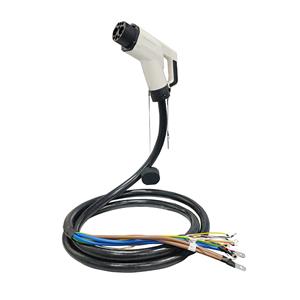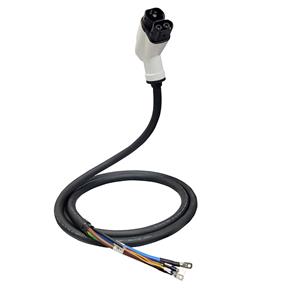Applications of Toroidal Inductors in Electronic Devices
Toroidal inductors, also known as ring inductors, are widely used in electronic devices for various applications. Their unique design and characteristics make them highly suitable for a range of electronic circuits and systems. This article explores the applications of toroidal inductors in electronic devices and provides specific examples to illustrate their significance.
Power Supplies: One major application of toroidal inductors is in power supply circuits. They are commonly used in switch-mode power supplies (SMPS) to store and transfer energy efficiently. Toroidal inductors offer high inductance values in a compact size, making them ideal for space-constrained applications. For instance, toroidal inductors are used in laptop chargers, LED drivers, and other power supply modules.
Audio Systems: Toroidal inductors are widely utilized in audio systems for impedance matching and filtering purposes. They help in reducing unwanted noise and interference, ensuring high-quality audio output. In audio amplifiers, toroidal inductors are often used to create output filters and provide stable power to the speakers, resulting in enhanced sound performance.
Radio Frequency (RF) Circuits: In RF circuits, toroidal inductors are commonly used for coupling and decoupling functions. They help in isolating different stages of amplifiers, filters, and oscillators, ensuring proper signal transmission and preventing interference. Toroidal inductors are also used in RF transformers, impedance matching networks, and antenna tuning circuits.
Communication Systems: Toroidal inductors play a crucial role in communication systems, especially in data transmission and reception. They are used in telecommunications equipment, such as modems, routers, and wireless devices. Toroidal inductors help in maintaining signal integrity, reducing noise and distortion, and improving overall system performance.
Industrial Automation: In industrial automation systems, toroidal inductors find applications in motor control circuits and power distribution units. They provide effective energy storage and smooth power delivery, ensuring efficient and reliable operation of the machinery. Toroidal inductors are also used in variable frequency drives (VFD) for controlling motor speed and torque.
Renewable Energy Systems: With the increasing focus on renewable energy sources, toroidal inductors are extensively used in solar inverters and wind power systems. They assist in converting and transforming electrical energy, ensuring optimal power conversion and delivery. Toroidal inductors help in maintaining stable voltage and current levels, thereby improving the efficiency of renewable energy systems.
Medical Devices: Toroidal inductors are utilized in various medical devices, such as pacemakers, MRI machines, and patient monitoring systems. They help in filtering and regulating electrical signals, minimizing interference, and maintaining accurate measurements. Toroidal inductors also ensure electromagnetic compatibility (EMC) compliance in medical equipment.
Automotive Electronics: In the automotive industry, toroidal inductors are used in various electronic systems, including engine control units (ECU), powertrain control modules (PCM), and hybrid/electric vehicle systems. They help in regulating currents, preventing voltage spikes, and providing stable power supply to different components. Toroidal inductors contribute to the overall performance and reliability of automotive electronics.
Conclusion: Toroidal inductors play a vital role in modern electronic devices across diverse applications. Their compact size, high inductance values, and excellent performance make them indispensable components for power supplies, audio systems, RF circuits, communication systems, industrial automation, renewable energy systems, medical devices, automotive electronics, and more. The versatility and reliability of toroidal inductors contribute to the advancement and efficiency of electronic devices in various industries.




